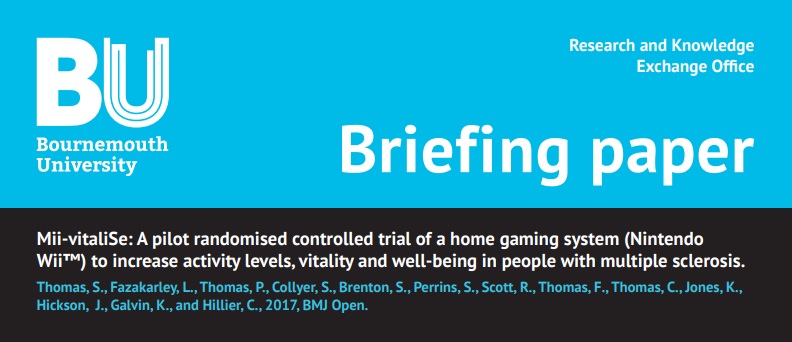 Our BU briefing papers are designed to make our research outputs accessible and easily digestible so that our research findings can quickly be applied – whether to society, culture, public policy, services, the environment or to improve quality of life. They have been created to highlight research findings and their potential impact within their field.
Our BU briefing papers are designed to make our research outputs accessible and easily digestible so that our research findings can quickly be applied – whether to society, culture, public policy, services, the environment or to improve quality of life. They have been created to highlight research findings and their potential impact within their field.
The benefits of physical activity for people with multiple sclerosis (MS) have been recognised. Physical activity has been shown to be associated with improvements in mobility, muscle strength and physical fitness. Other secondary benefits might include reduced fatigue, depression and anxiety and improved sense of wellbeing.
This research team have developed a home-based physiotherapist supported Nintendo Wii™ intervention (‘Mii-vitaliSe’) for people with MS that uses commercial software. This is a pilot study to explore the feasibility of conducting a full scale clinical and cost-effectiveness trial of Mii-vitaliSe.
Click here to read the briefing paper.
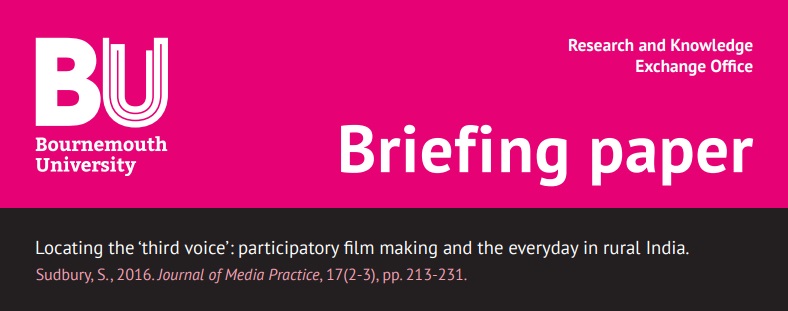 Our
Our 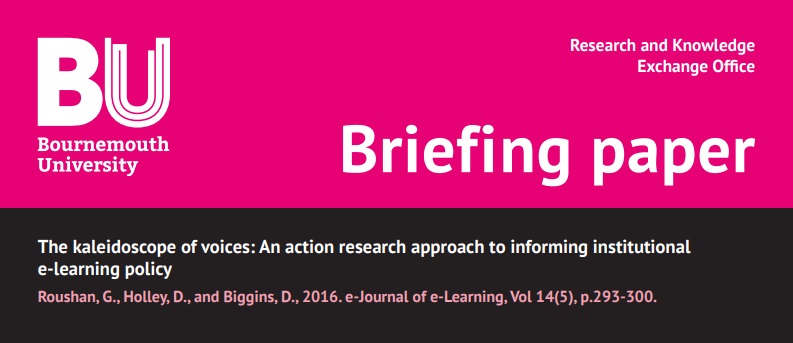 Our
Our 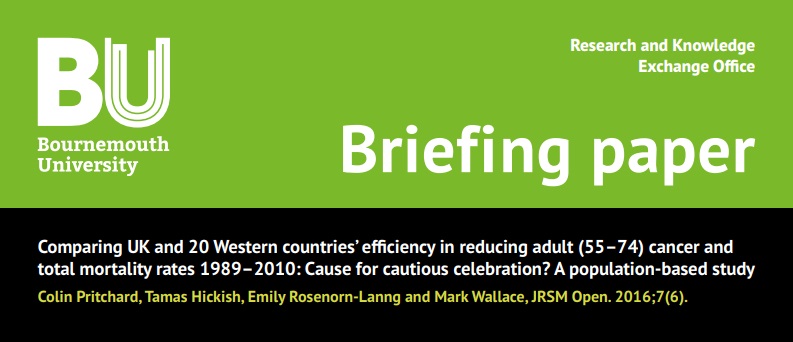 Our
Our 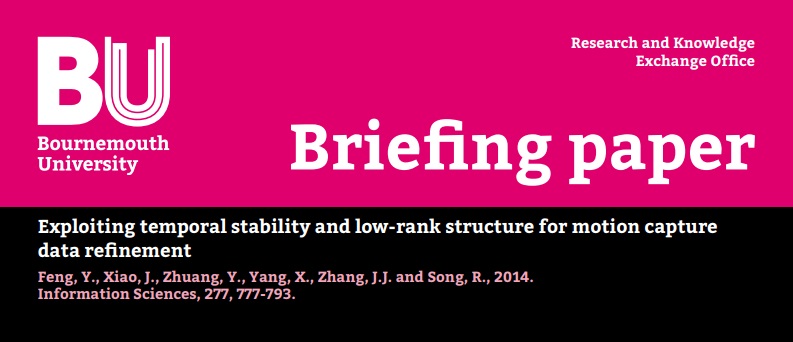 Our
Our 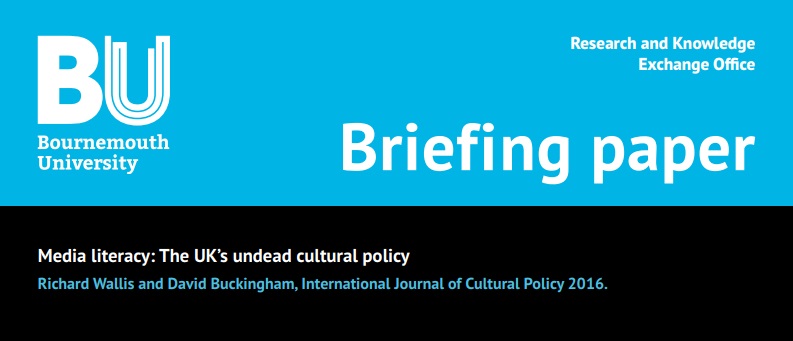 Our
Our 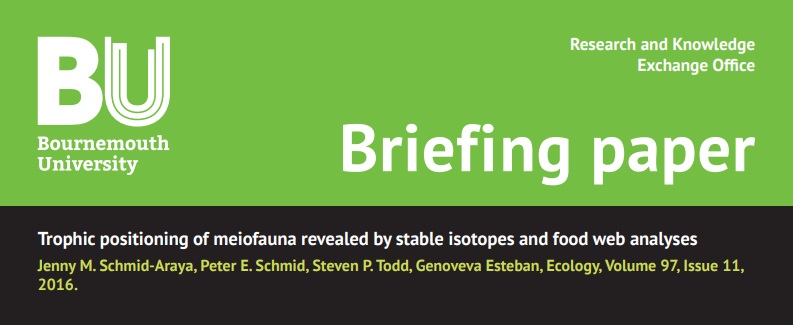 Our
Our 



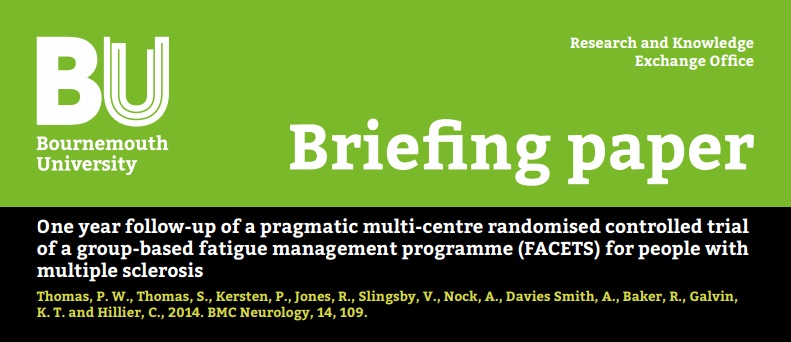
 Our
Our 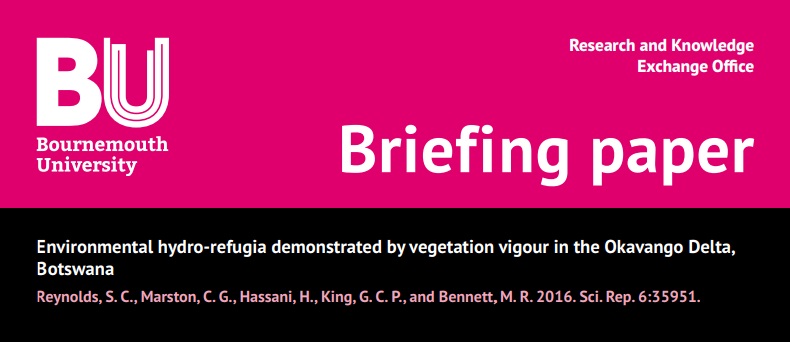 Our
Our 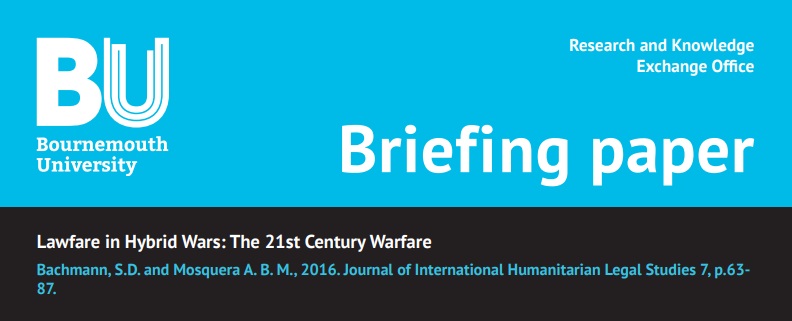 Our
Our 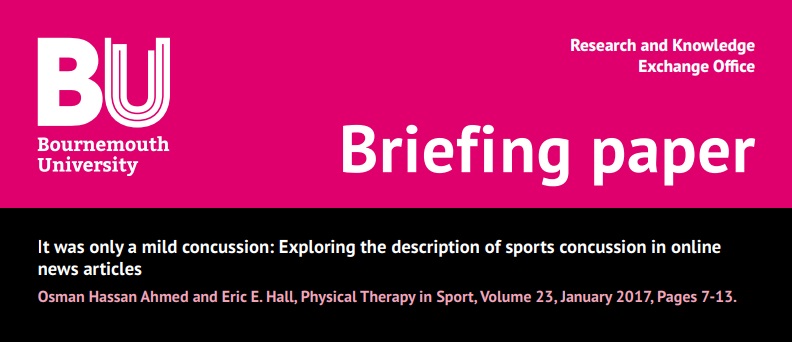 Our
Our 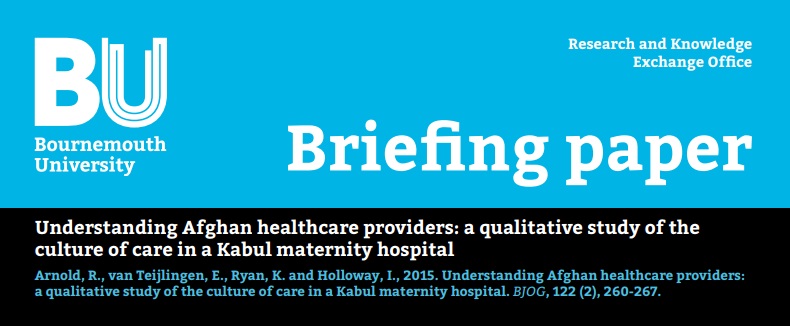 Our
Our 










 From Sustainable Research to Sustainable Research Lives: Reflections from the SPROUT Network Event
From Sustainable Research to Sustainable Research Lives: Reflections from the SPROUT Network Event REF Code of Practice consultation is open!
REF Code of Practice consultation is open! BU Leads AI-Driven Work Package in EU Horizon SUSHEAS Project
BU Leads AI-Driven Work Package in EU Horizon SUSHEAS Project ECR Funding Open Call: Research Culture & Community Grant – Apply now
ECR Funding Open Call: Research Culture & Community Grant – Apply now ECR Funding Open Call: Research Culture & Community Grant – Application Deadline Friday 12 December
ECR Funding Open Call: Research Culture & Community Grant – Application Deadline Friday 12 December MSCA Postdoctoral Fellowships 2025 Call
MSCA Postdoctoral Fellowships 2025 Call ERC Advanced Grant 2025 Webinar
ERC Advanced Grant 2025 Webinar Update on UKRO services
Update on UKRO services European research project exploring use of ‘virtual twins’ to better manage metabolic associated fatty liver disease
European research project exploring use of ‘virtual twins’ to better manage metabolic associated fatty liver disease